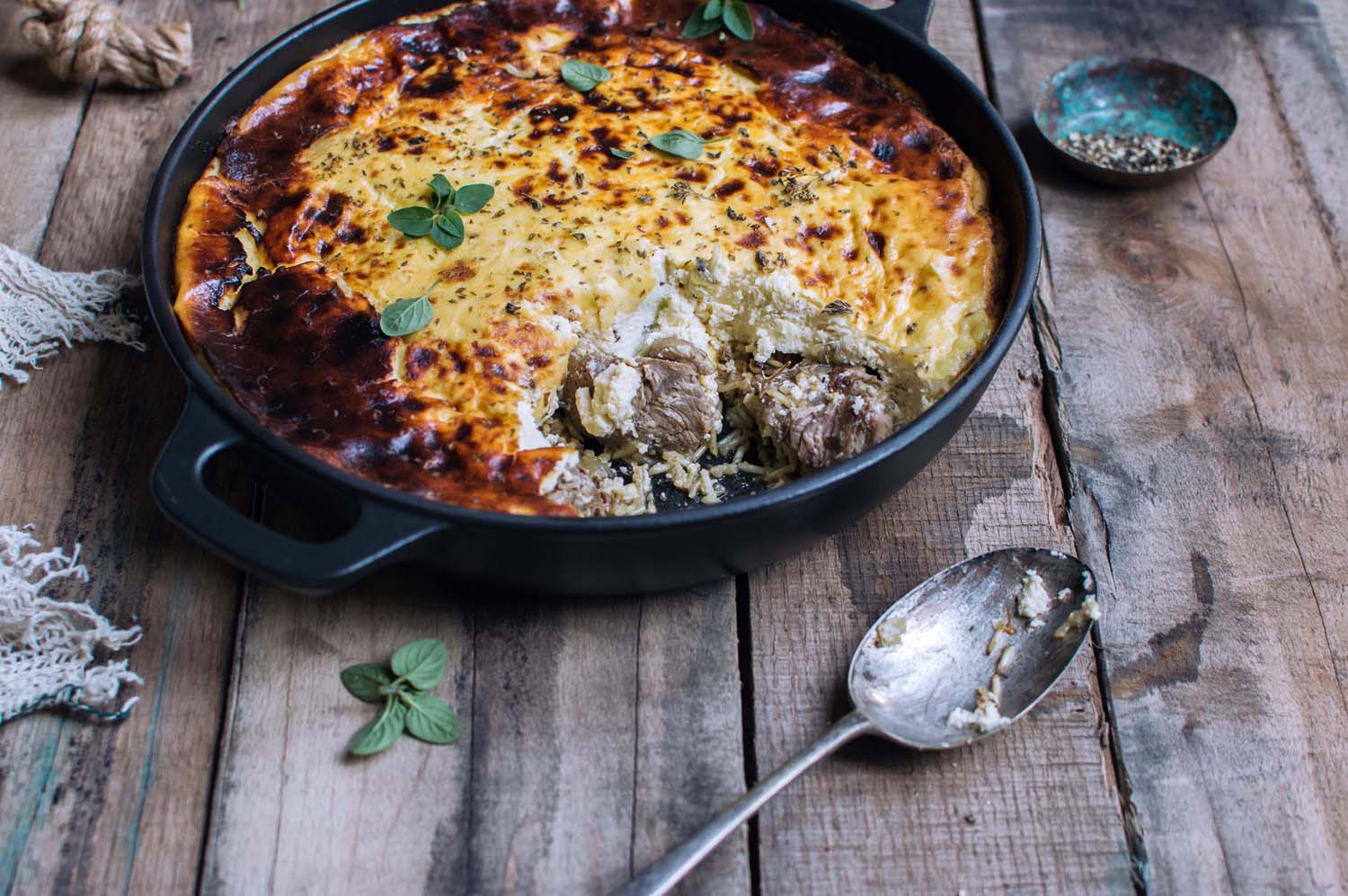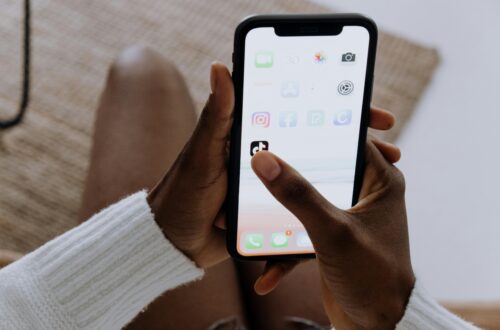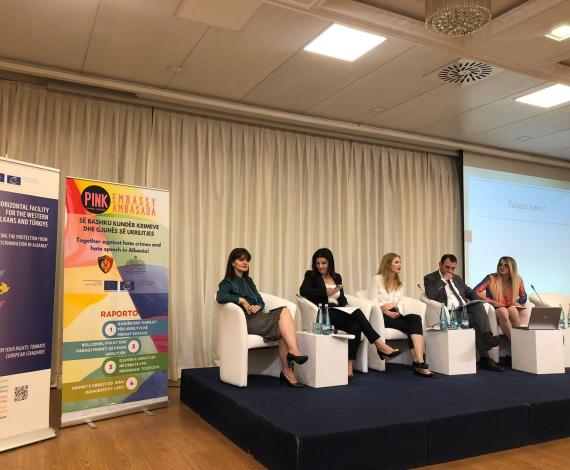When it comes to women rights in Albania, it’s a very sensitive topic to talk about. In Albania, this country with a tough past, women have suffered greatly when it comes to equality.
Albania is and always has been extremely patriarchal. Men are instantly awarded with glory, respect, and the right for everything, whereas women- even today- still find themselves restricted.
During 19th century Lord Byron visited Albania and he was instantly captivated by the nature, the hospitality, and the kindness of the people. But there was only one thing that terrified him; the way in which Albanian men, treated their women.
He noted that the women had subordinate roles especially in Gheg communities- known for believing in “male predominance” that women just accepted.
For them, being born as a man was a ‘’privilege’’ and to be a female was a curse. When marrying, families always hoped for boys to be born rather than girls and it was highly important that the first born child be male. The poor woman, when birthing a girl was often shamed and left with only one other option- to keep trying.
Boys were seem as the only hope, the only future of the patriarchal family unit, and women who were giving birth only to girls were often sent back to their family in shame. Women were considered as a birthing machine, and little else.
In the north of Albania, conditions were even more tough, due in part to the tough way of life on the mountains. But despite this, before 1995 there existed a phenomenon of women who dressed and lived as men, known as “burrneshat” or “The Sworn Virgins”.
In order to be Burrnesh, you had to live your whole life in celibacy and conduct all of the work and tasks that a man was expected to do. She had to be unmarried and untouched, and would be made to swear before the elders of the village, as well as god that she would live her life in this way. This was the only way in which a woman could ever hope to attain equal rights to a man at this time.
Whilst the tradition has mainly died out, there are still a handful of women that choose to live in this way.
Whilst it might sound crazy to us now, it was in fact quite popular in the Albanian Highlands. It gave them the right to education as well, something that few people had.
This harsh way of living seemed like a small price to pay to shake off the “curse from God” that womanhood had bestowed upon them.
But it wasn’t just men that oppressed women during this time, it was women as well. Women used to say “ah, if only I was a boy” or tell their daughters not to speak in front of their father or another man. Mothers also used to say ‘’Mashkulli e la nje filxhan uje ndersafemren nuk e lan as deti’’, meaning that a man can be bathed and washed with a cup of water, yet a woman cannot be cleaned even with the sea.
In modern day Albania, we still see some of this patriarchy let behind, but thankfully some progress is being made. Thanks to women’s organisations and NGOs, influences from outside the country, and increasing levels of emancipation and education, things are developing.
That said, women still find themselves taking a subordinate place in society and statistics on domestic violence here are incredibly worrying. This means that a woman’s work is never done and that we still have a lot to do to increase society’s view of a woman’s value.
Mariana Koceku
Follow The Balkanista!



